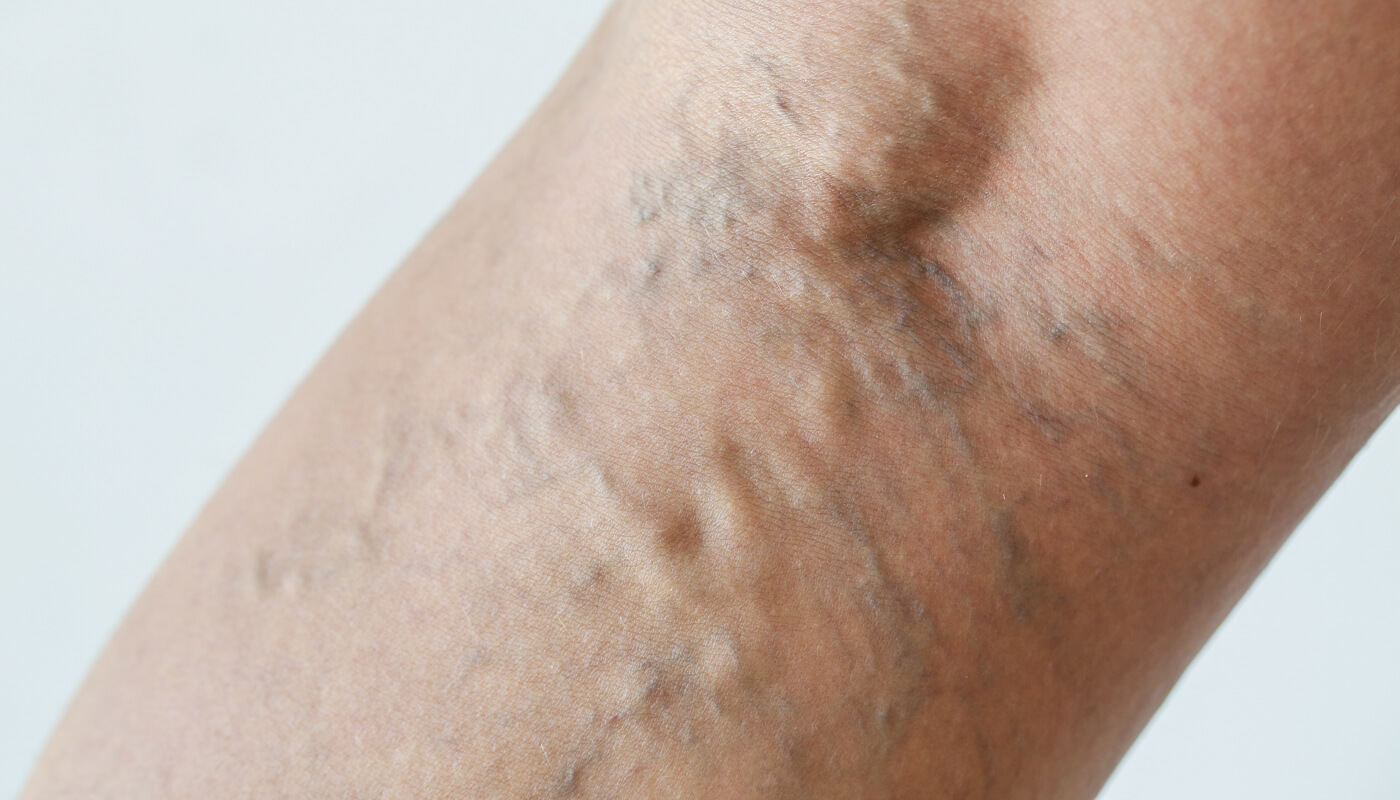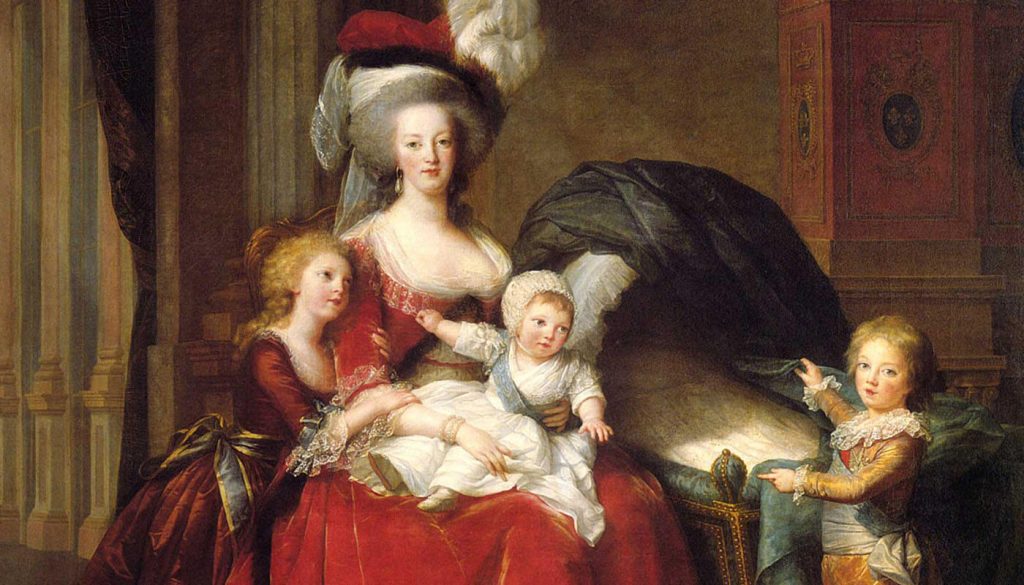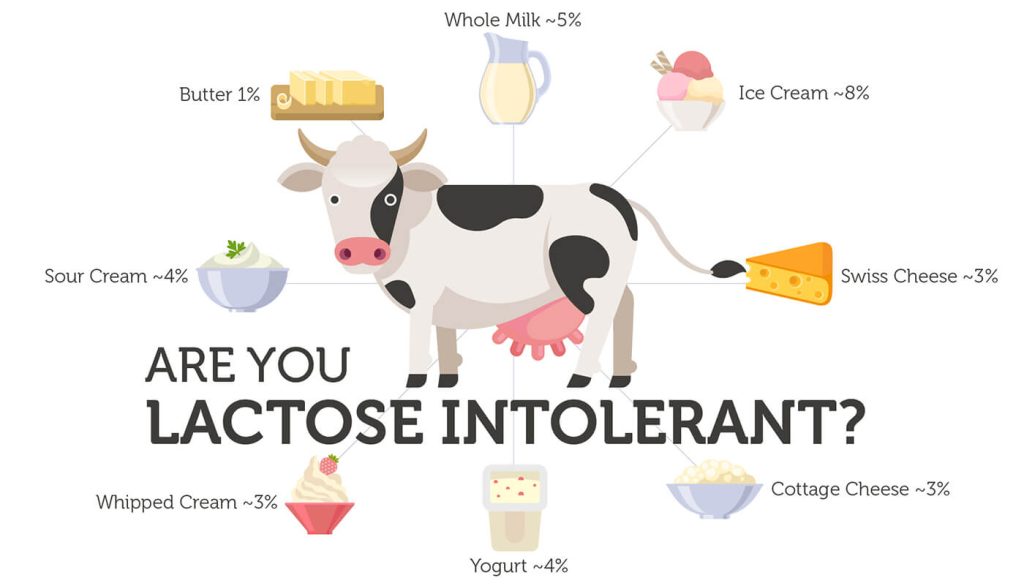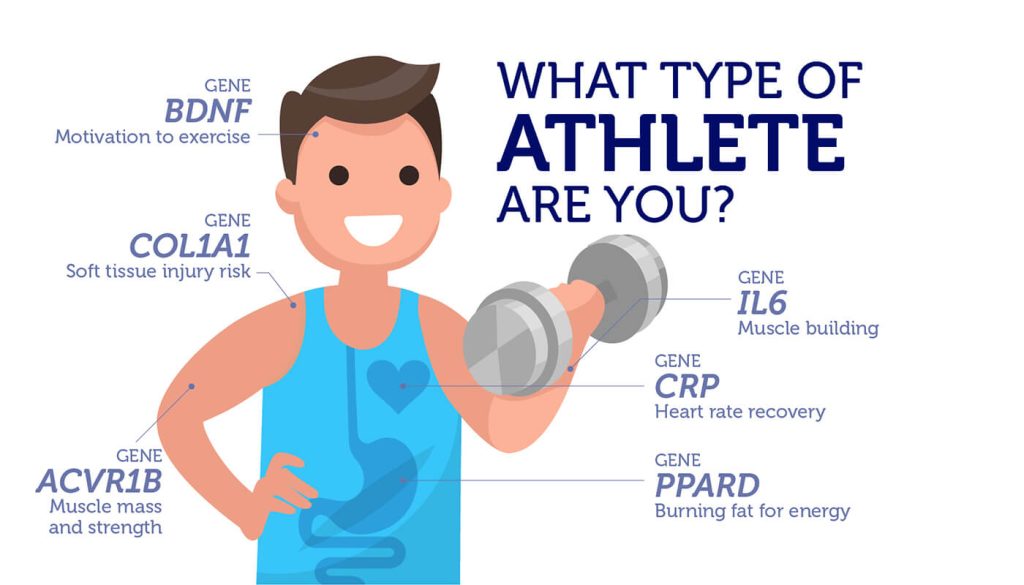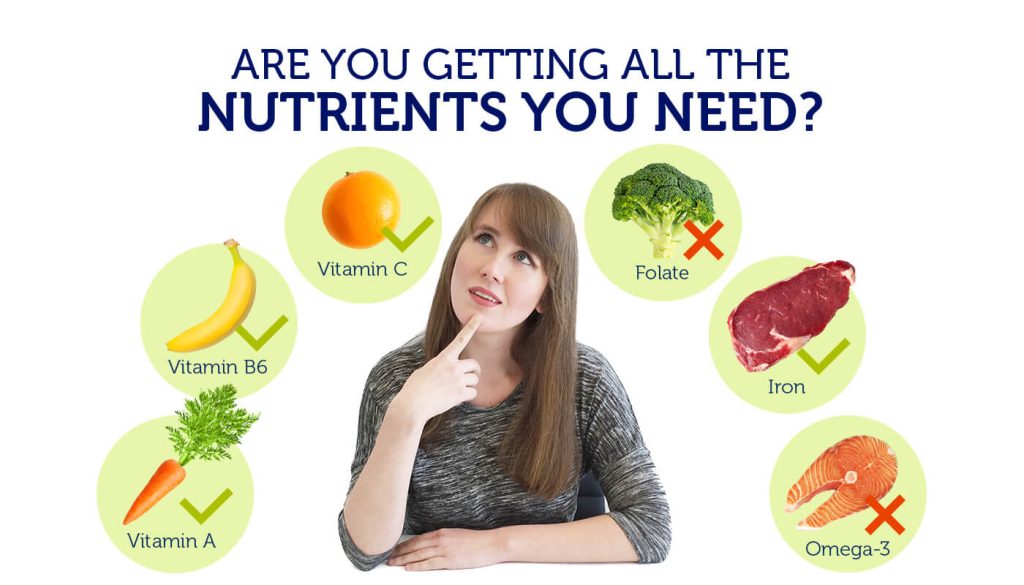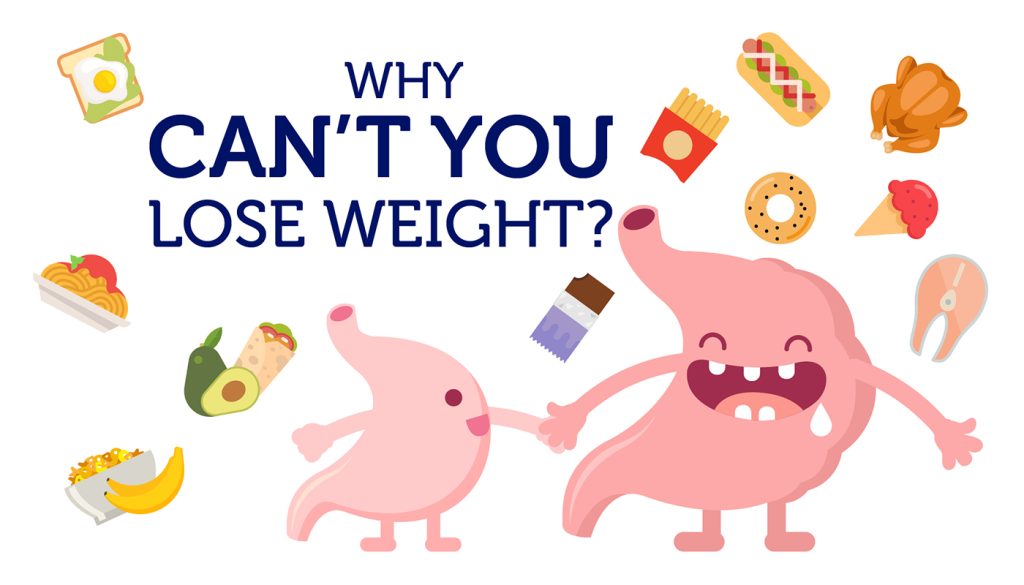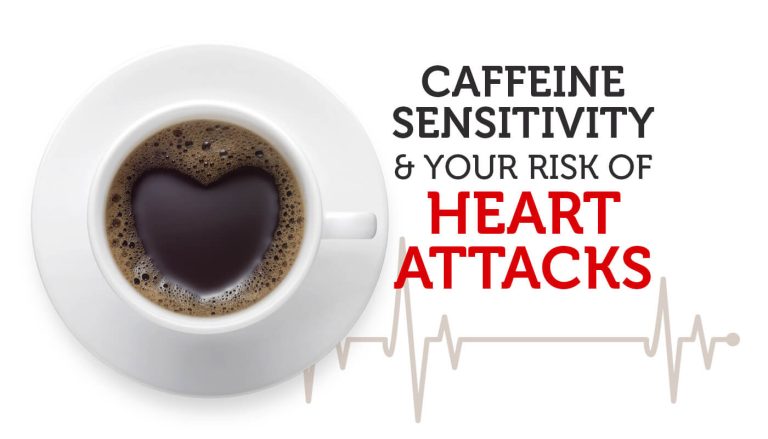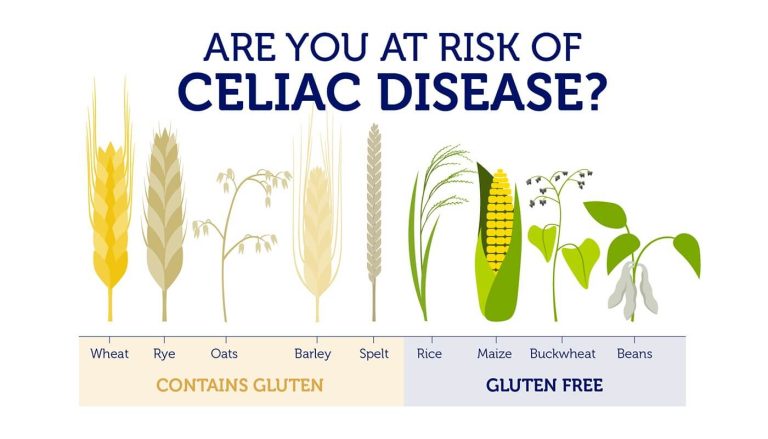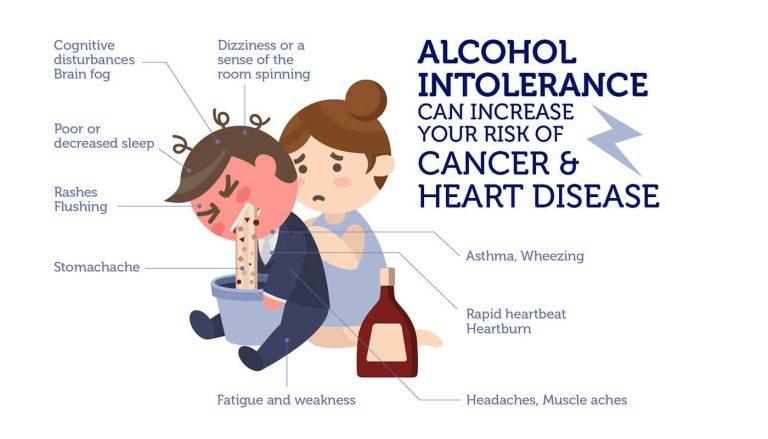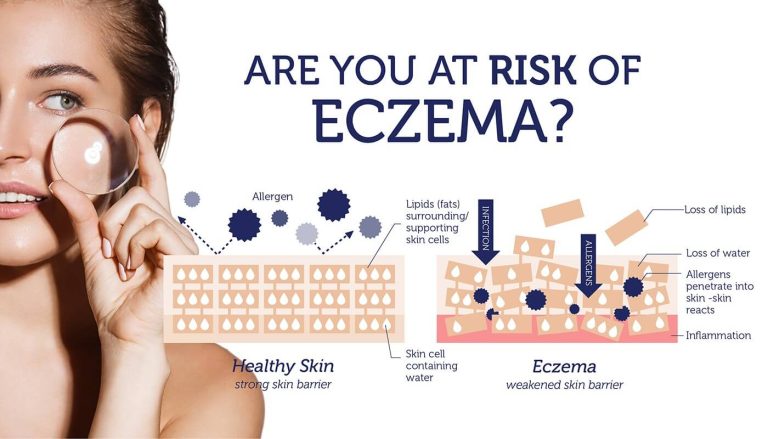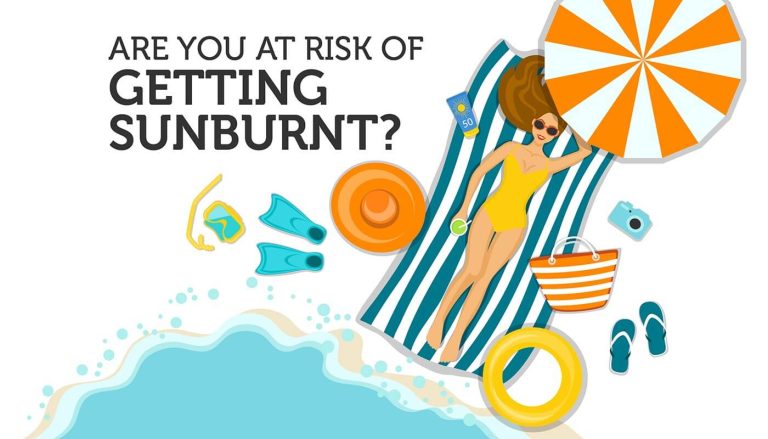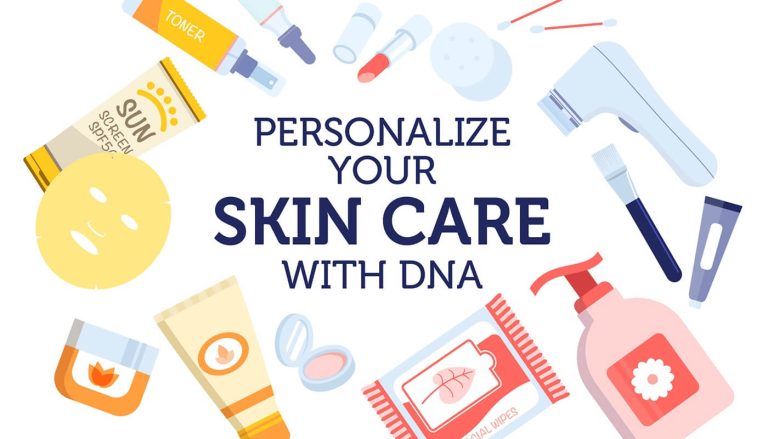Do your legs ache or feel heavy at night? Do they cramp, burn or throb when you make sudden movements or when you stand for too long? What about your ankles, do they swell?
If your answered “yes” to all of these questions, it’s time for a checkup, because you may be experiencing early symptoms of varicose veins.
What are varicose veins?
Veins are normally those faint lines you can see just under your skin, but if they start to bulge, twist like a cord and change color, they’ve turned into varicose veins.
If you start experiencing symptoms mentioned above and have a family history of varicose veins, you’d better brace yourself, because the risk of varicose veins is largely inherited as a defect in the MTHFR gene.
Faulty leaflet valves are behind varicose veins
Veins carry oxygen-deprived blood from your extremities back to your heart. They are designed with valves along their length to stop the blood from flowing backwards.
For example, blood needs to be pumped against gravity in our legs. Leg muscles contract to pump blood up through the veins, and it is kept flowing in a single direction – towards the heart – by closing of the leaflet valves. But, sometimes these valves stop closing properly, so blood can flow backwards, and starts to collect in the veins.
Symptoms and treatments
Varicose veins can be just a cosmetic problem. But here are times when they can be quite painful, especially if standing for extended periods of time. Other less than pleasant symptoms of varicose veins include swelling, discolouration and skin conditions like eczema. In severe cases they can even lead to ulcers and bleeding.
Traditionally, severe cases of varicose veins were treated by vein stripping. This involved surgically removing affected veins. Today, less invasive methods like sclerotherapy, a direct injection of medications that shrinks blood vessels, is available.
Advanced age, obesity, pregnancy, menopause and family history are all factors that can enhance your risk of varicose veins.
The MTHFR gene
The MTHFR gene makes an enzyme that controls the levels of homocysteine, a chemical involved in blood clotting. There are several different versions (genetic variants) of this gene, caused by small changes in the DNA code.
People who inherit two variants of MTHFR, called rs1801131 and rs1801133, make much less enzyme compared to people with the normal version of the gene. Studies show that these people are also at higher risk of developing varicose veins.
Interestingly, the clinical presentation of the disease seems to depend on the version of MTHFR that is inherited. One variant, rs1801133, tends to affect veins along the trunk, while another, rs1801131 tends to affect perforator veins that connect superficial veins to deep veins.
Exactly how MTHFR variants contribute to the risk of varicose veins is unclear. It’s possible that elevated homocysteine levels damage the lining of blood vessels. However, this is only a theory, and further testing is required to substantiate it.
Are you at risk of varicose veins?
Family history appears to be one of the best predictors of varicose veins. But when discovered early there are several preventative measures that can be taken to reduce the risk of developing them.
Severe cases of varicose veins can affect the quality of life, and in rare cases, even lead to blood clots, so you will want to adopt preventative measures as early as possible to have the best chance of avoiding varicose veins. Find out if you are at risk with the DNA Skin Health Test.


